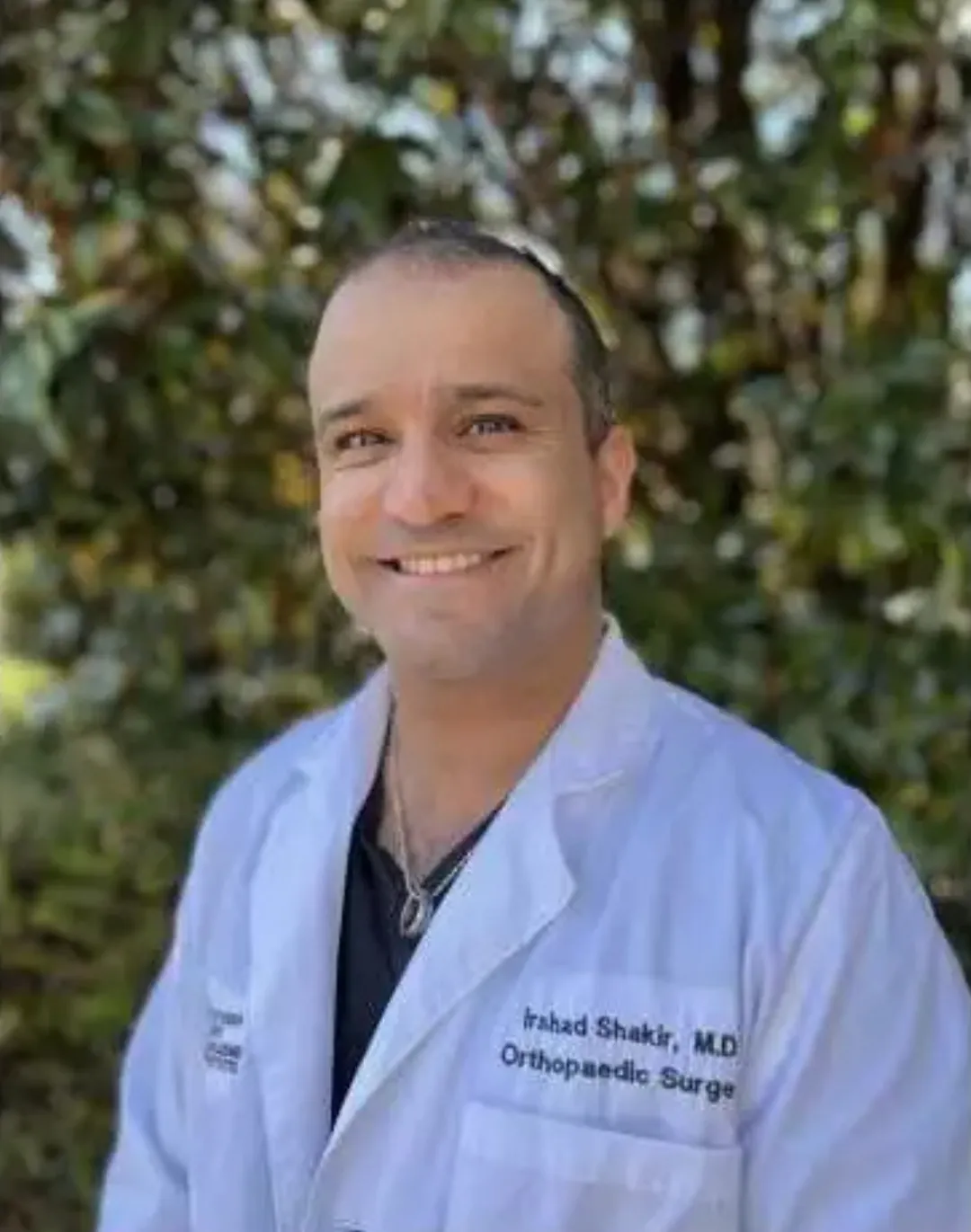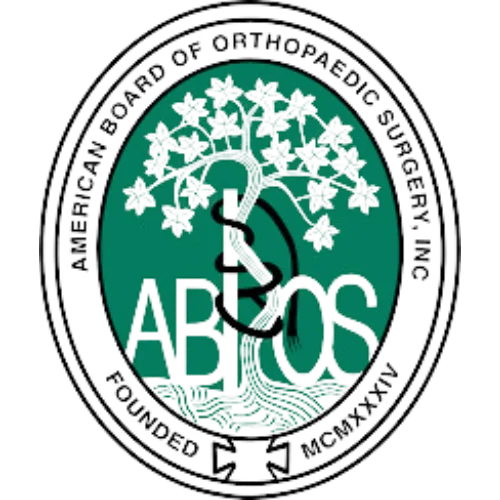


Cartilage Defects
Cartilage Defects
Cartilage defects of the knee involve damage to the articular cartilage, the smooth substance that covers the ends of the bones, keeping them from rubbing together. Cartilage defects may be degenerative, resulting from wear and tear, or traumatic, caused by an injury such as falling on the knee, jumping down, or rapidly changing directions while playing a sport. Such injuries do not always produce immediate symptoms because there are no nerves in cartilage. Over time, however, cartilage defects can disrupt normal joint function, leading to pain, inflammation, a grinding sensation in the knee and limited mobility.
Cartilage damage can range from a soft spot on the cartilage to a small tear in its top layer, to an extensive cartilage tear all the way to the bone. Such damage may gradually worsen or cause other problems in the joint. Since cartilage lacks a blood supply, the body cannot usually repair such defects on its own. Some severe tears that injure the bone, however, promote the growth of scar tissue known as fibrocartilage. This material while it replaces the missing articular cartilage, does not provide as smooth a gliding surface as the healthy cartilage, and so does not facilitate fluid motion.
Diagnosis of Cartilage Defects
In order to diagnose a defect in the cartilage of the knee, the doctor will take a medical history and perform a physical examination. Imaging tests provide views of the tissue and bone within the knee to help the doctor evaluate the cause of the pain. The imaging tests performed may include X-rays, MRI and CT scans.
Treatment of Cartilage Defects
Cartilage defects vary widely in size and degree. They need to be thoroughly assessed relative to location, severity, and the age and activity level of the patient, before a treatment plan can be determined. In most cases, surgery is necessary to provide relief from pain and increase mobility.
Debridement
Older patients who have smaller cartilage defects with mild symptoms may be suitable candidates for debridement. This arthroscopic procedure involves several small incisions into which a tiny camera and instruments are inserted. Loose or damaged tissue is removed, providing some relief, although typically the defects are not actually repaired during this procedure.
Microfracture
Microfracture is an arthroscopic procedure performed to repair damaged knee cartilage. During the microfracture procedure, a small surgical tool called an awl is inserted into the knee to create small holes, known as microfractures, in the bone near the defects. This process stimulates the release of cartilage-producing cells that will help to rebuild the damaged area.
Osteochondral Autograft Transplantation (OATS)
This procedure takes healthy cartilage from a non-weight-bearing area of the patient and transplants it to the site of the damage. This process is used for smaller defects, and involves filling the holes in the cartilage with small quantities of healthy transplanted tissue.
Autologous Chondrocyte Implantation
During this procedure, a sample of healthy cartilage is harvested, reproduced in large quantities outside the body, and then re-implanted onto the adjacent bone. This newly grown cartilage coats the bone, providing protection and support.
While surgery may be necessary, where there is only mild cartilage damage, conservative treatments, including resting the knee, wearing a brace, taking non-steroidal anti-inflammatory medications (NSAIDS), and getting injections of corticosteroids, may be sufficient to relieve symptoms.
CONDITIONS
TREATMENTS

TESTIMONIALS

It was a great and succesful experience the staff was great and vary helpful. I'm glad they were the chosen ones to do the procedure for me. Number 1 thanks you very much.
TODD JACKSON

I highly recommend Dr. Shakir who did my knee replacement. He truly is a professional of the highest standard and I’m so thankful I was referred to him
KRISTIE LINDEMAN

Helping me to look for an alternative to knee replacements, straight and honest about options.
RAYMOND HADNOT

Irshad Shakir, MD
At Shakir Hip & Knee, we offer you personalized orthopedic care in a comfortable setting. We utilize state-of-the-art technology and advanced surgical interventions such as Total Knee Replacement, Total Hip Replacement, as well as Hip and Knee Replacement Revision Surgery.
We also offer a variety of preventative care services such as injections, anti-inflammatory medications, bracing, and physical therapy referrals. You can rely on us to treat all of your chronic care needs such as knee and hip arthritis. We also offer diagnostics for many acute symptoms such as infections, muscle sprains, ligament ruptures, and other illnesses.
Amanda Jones, PA-C
Amanda Jones is a board-certified Physician Assistant who completed her Master’s degree at Midwestern University in Glendale, Arizona. Upon graduating, Amanda practiced orthopedics in Northern Arizona working in total joint surgery, fracture care and sports medicine. She recently relocated back to Phoenix and is excited to be joining Desert Orthopedics Center.
Amanda is thrilled to be able to continue to provide quality orthopedic care and assist patients with reaching their healthcare goals. Aside from professional pursuits, she is also deeply passionate about health, fitness and getting outdoors. Spending the last 5 years in Northern Arizona has peaked Amanda’s interest in hiking, paddleboarding and exploring new trails. Aside from being outside, she loves spending time at home with her son, husband and rottweiler named Goose. Looking ahead, Amanda is eager to begin working at Desert Orthopedic Center and is committed to providing the best care possible.




Follow Us on Instagram





OFFICE HOURS
Monday-Friday
8am - 4pm
